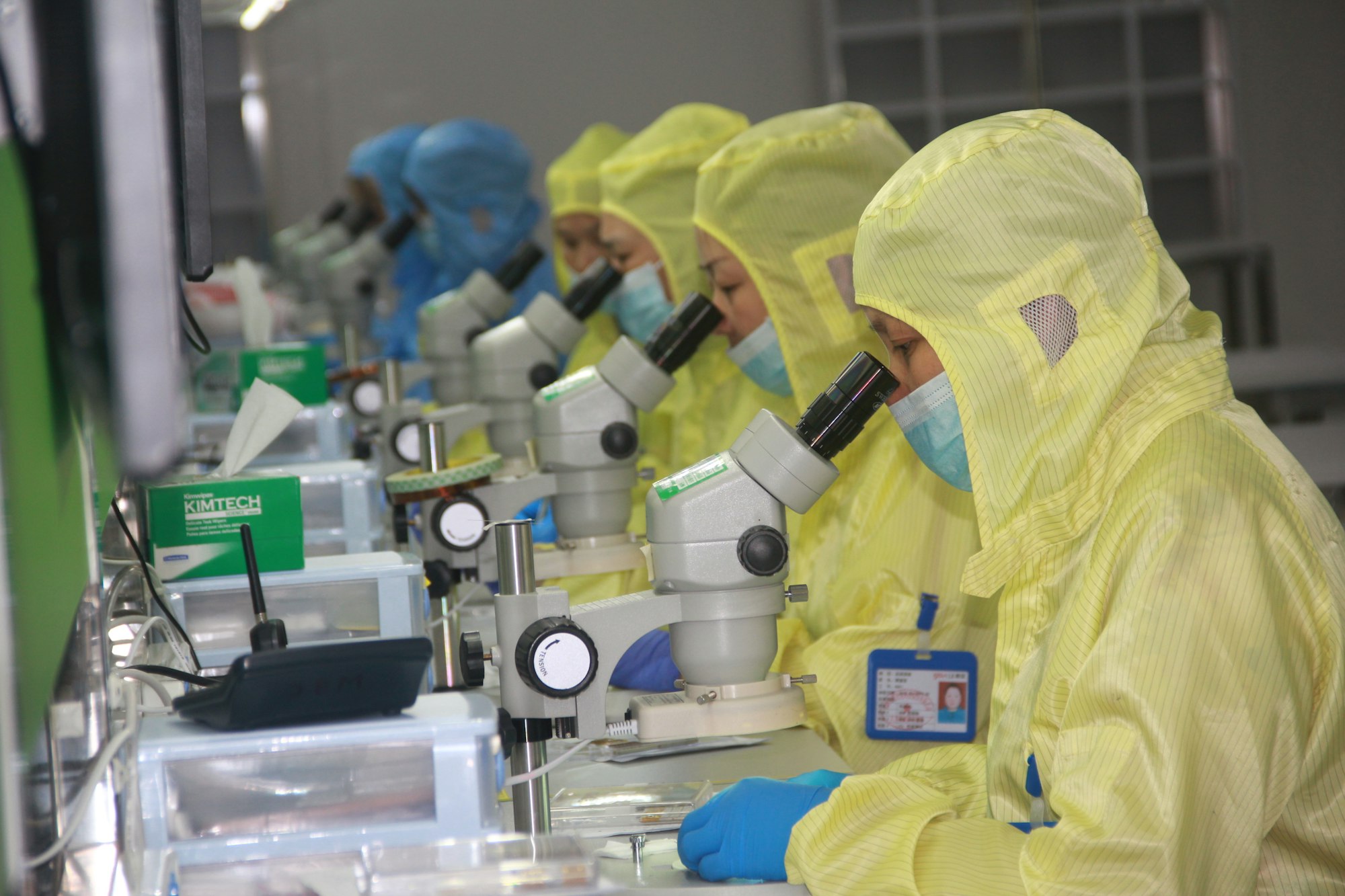Chinese Lab Develops Mutant COVID-19 Strain with 100% Lethality in 'Humanized' Mice
Chinese researchers have tested a mutant coronavirus strain that attacks the brain and has a 100% kill rate in 'humanized' mice, according to a study released in Beijing last week. The lethal virus, known as GX_P2V, targeted mice brains designed to mimic human genetic characteristics. All rodents
Chinese researchers have tested a mutant coronavirus strain that attacks the brain and has a 100% kill rate in 'humanized' mice, according to a study released in Beijing last week. The lethal virus, known as GX_P2V, targeted mice brains designed to mimic human genetic characteristics. All rodents infected with the pathogen died within eight days, indicating a faster speed than expected by the researchers. High amounts of the virus were found in the brains and eyes of the mice, suggesting that, despite its connection to COVID-19, it replicates and spreads differently throughout the body.
This fatal virus is a modified form of GX/2017, a coronavirus relative supposedly identified in Malaysian pangolins in 2017—three years before the global pandemic. Various parts of the deceased mice were attacked by the GX_P2V virus, including their lungs, bones, eyes, tracheas, and brains. The impact on the brains was particularly severe, ultimately leading to the demise of the animals.
However, these results do not provide insights into how the virus might impact humans. While alarming, this research marks the first of its kind to reveal a 100% mortality rate in mice infected with the COVID-19-related virus.
Critics have voiced concerns over this study. Francois Balloux, an epidemiology expert at University College London’s Genetics Institute, described the study as “terrible” and “scientifically totally pointless." Richard H. Ebright, a Rutgers University professor of chemistry and chemical biology, concurred with Balloux’s concerns. Dr. Gennadi Glinsky, a retired professor of medicine at Stanford, stated, “This madness must be stopped before it’s too late.”
If this virus were to spill over into the human population, the effects could potentially be devastating. However, it's important to remember that the results from this study are based on 'humanized' mice, and may not translate directly to humans. Further research is needed to fully understand the potential risks and implications for humans.



